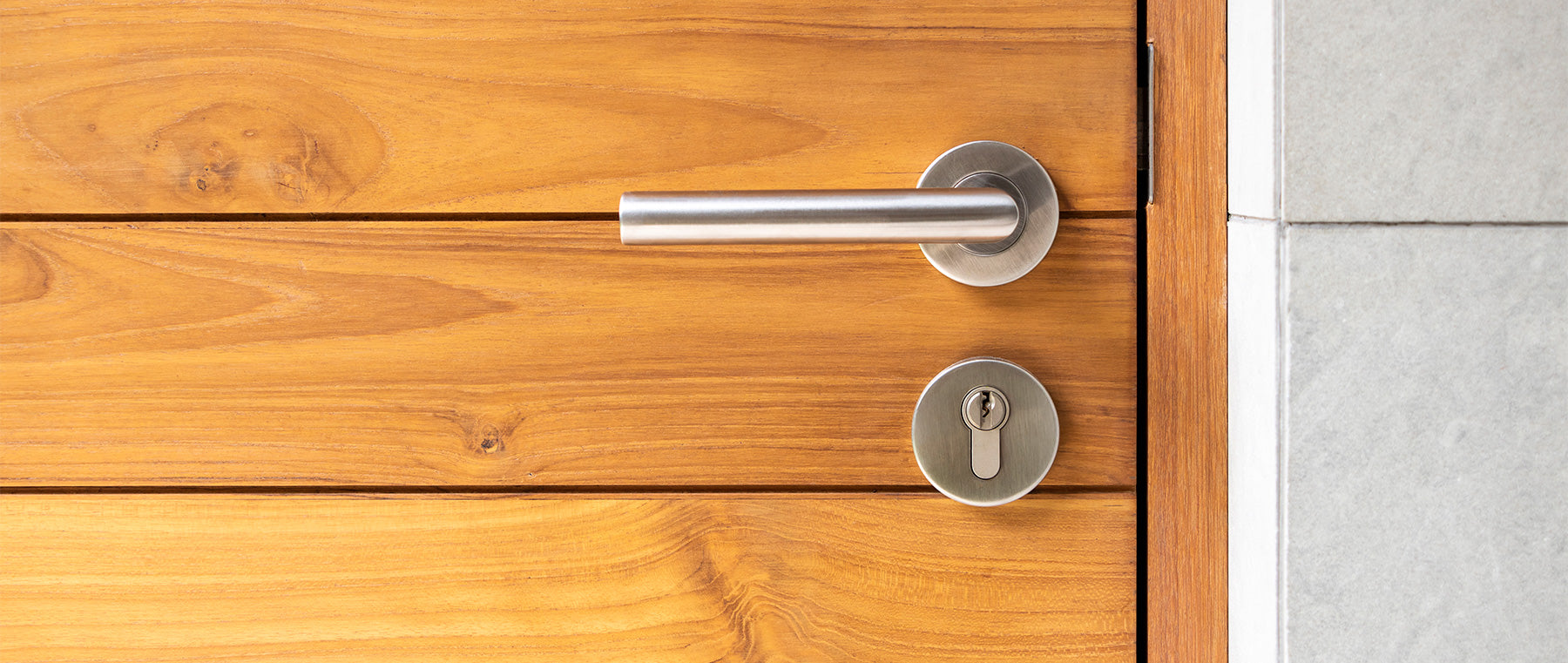
How to choose Internal Door Furniture
Leader Online Help & Advice Centre
How to choose Internal Door Furniture:
Choosing interior door hardware is primarily a matter of taste. However, there are a few steps you can follow to ensure that your door doesn’t look overcrowded and matches the rest of your home. Door hardware covers everything needed to hang and operate a door, including locks, hinges, doorknobs and stops. The trick is to balance function with visual appeal. The most important things to consider are:
-
1. Match door furniture to the door type
Some doors function differently from others. For example, swinging doors will almost always be hung using butt hinges, but heavier doors will require a pivot. Sliding doors are hung on tracks, but pocket doors require their own pocket door kit.
-
2. Understand your lock choices
The most common options are mortise or cylindrical models. Mortise are generally more secure as they are installed in a pocket within the door. However, cylindrical locks are largely more affordable.
-
3. Decide How the Lock Will Function
Internal doors don’t often require a keyed lock, but you may wish to have a privacy lock for your bathroom and even the bedroom.
-
4. Choose the Right Finish
Usually, door hardware is available in a brass or chrome finish. Choose a colour, followed by a polished or brushed finish. Note that polished finishes are.
-
5. Consider Door Pulls
Often, internal doors simply don’t require a lock or latch. If you like to make sure that the doors in your home are closed, consider a closer or spring hinge.
-
6. Choose Stops and Holders
To prevent your doors from banging into walls or furniture, choose a door stop to be installed on the door. If you prefer the doors in your home to remain open, choose a door holder to prevent it from closing automatically.





